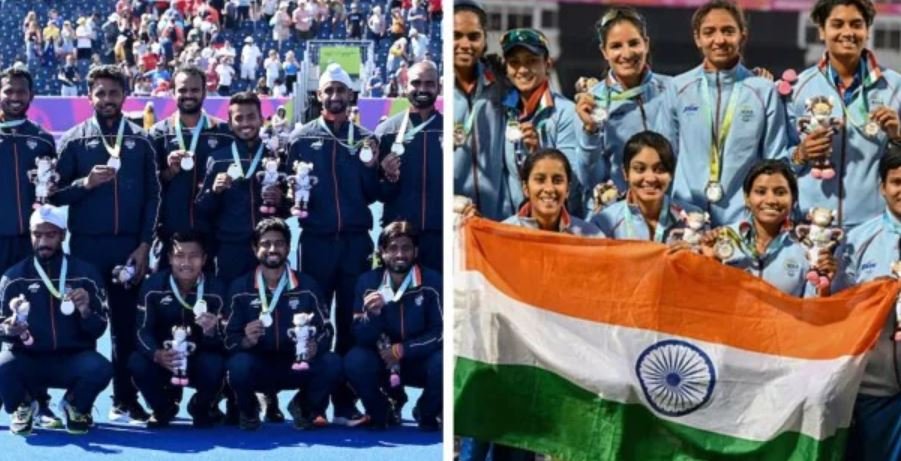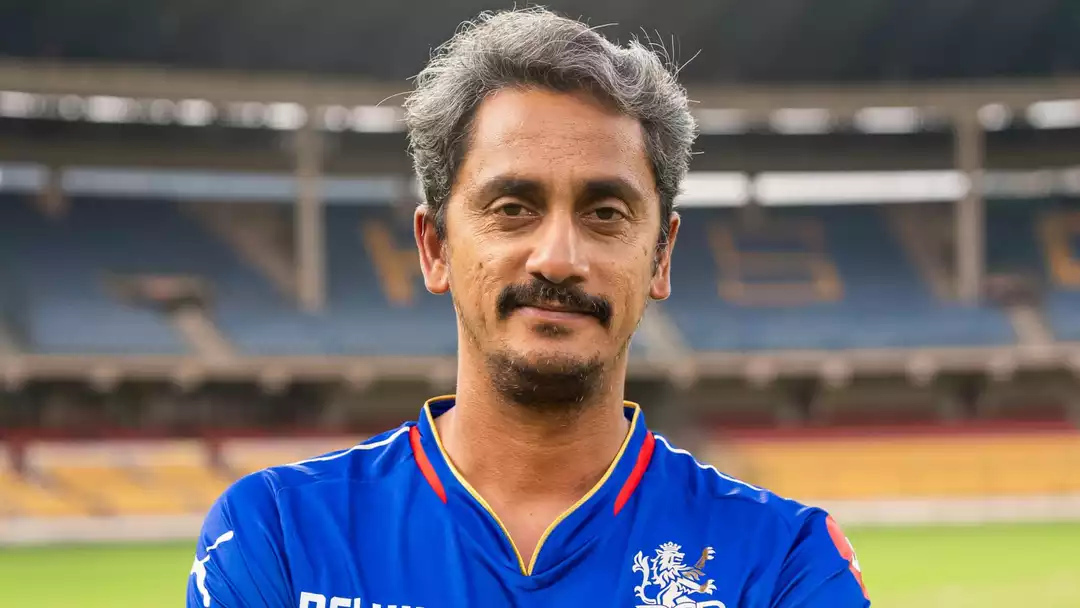Hockey to wrestling, CWG drops 9 sports, dents India’s medal hopes

India’s medal prospects for CWG 2026 are at risk due to the reorganization, as the nation lacks prominent gold medal hopefuls beyond athletics, para-athletics, boxing, and weightlifting events.
India secured medals in six out of the 12 sports at the 2022 Commonwealth Games, accounting for 37 of the 61 total medals. In an announcement made on Tuesday, it was revealed that these six disciplines will not feature in the lineup for the 2026 edition.
In preparation for the 2026 CWG in Glasgow, several sports including badminton, cricket, hockey, squash, table tennis, and wrestling have been excluded. This decision follows the removal of shooting and archery, sports in which Indian athletes have traditionally excelled at the Commonwealth level, from the 2022 edition hosted in Birmingham.
In July and August 2026, the upcoming CWG edition in Glasgow will showcase a streamlined program with 10 sports and around 3,000 athletes, contrasting significantly with the previous Birmingham edition that boasted 19 sports and nearly 5,000 athletes.
The organizers of the Glasgow CWG have announced that the sporting events will feature athletics, para-athletics, boxing, bowls, para-bowls, swimming, para-swimming, artistic gymnastics, track cycling, para-track cycling, netball, weightlifting, para-powerlifting, judo, 3×3 basketball, and 3×3 wheelchair basketball, as stated in a recent release.
India’s sports officials fiercely criticized the decision, with Gagan Narang, a former CWG medalist and member of the Indian Olympic Association executive council, expressing disappointment over the move.
Narang expressed empathy for the shooters gearing up for the event, understanding their potential disappointment. He also lamented the absence of several disciplines with medal-winning potential for India in the lineup for CWG 2026.
Pullela Gopichand, a renowned figure in badminton and current national coach, expressed his profound shock and disillusionment over the verdict.
He stressed the importance of speaking up and taking the matter to the relevant authorities to safeguard the growth and motivation of future generations in badminton. Highlighting that we must not permit narrow-minded choices to jeopardize the hard-earned advancements, he emphasized the need for action.
Since 1966, badminton has consistently been featured in every edition of the Commonwealth Games. Squash and hockey joined the program in 1998, while table tennis has been a regular sport since 2002. Notably, this decision represents a unique situation where no racquet sport is included in a multi-discipline event.
Interestingly, marksmanship was initially part of the proposed agenda outlined by Victoria, who later relinquished their hosting privileges due to financial constraints. Glasgow then filled in as a eleventh-hour substitute and eliminated several competitions to ensure the Games stayed within their financial limits.
Initially, the 2026 edition was planned to be held in the Australian state, but it withdrew due to significant costs. Given Glasgow’s limited budget, organizers opted to limit the Games to only four venues. This decision marks a shift in the approach for the Glasgow CWG, with the sports program being tailored around existing venues, rather than selecting sports first and constructing venues accordingly.














